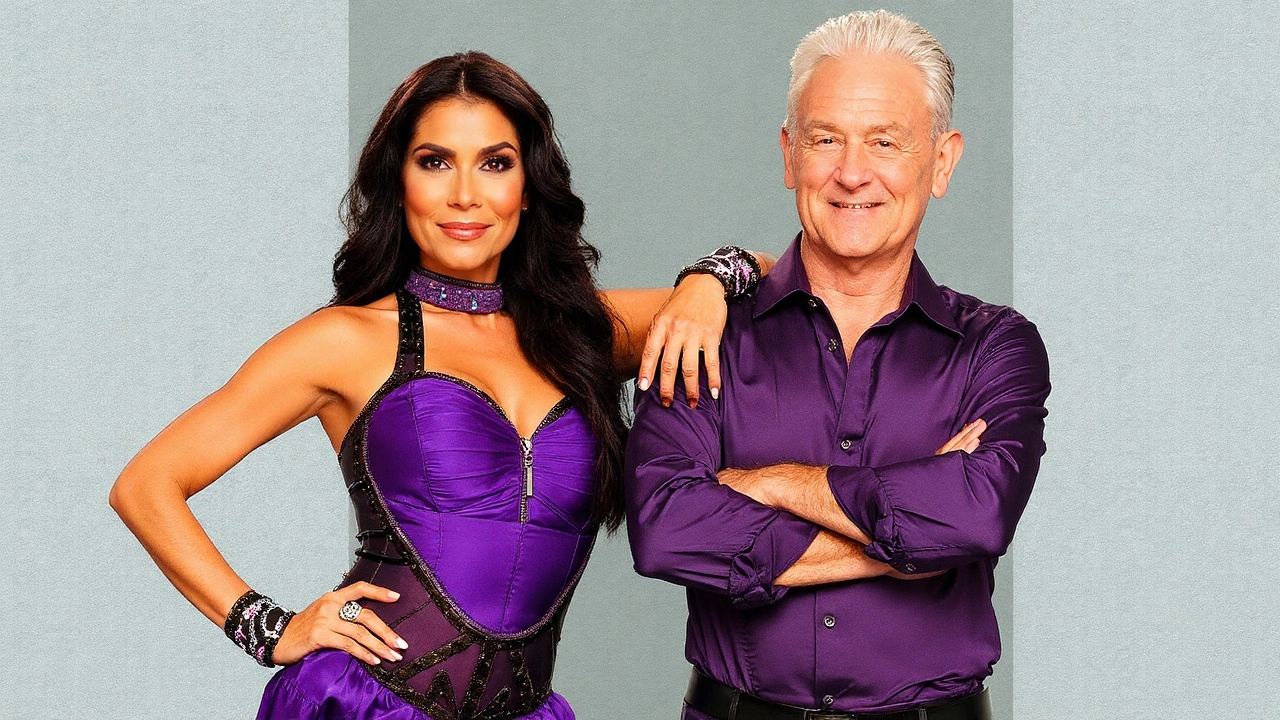Feldman's Claim Against Depp
During a recent episode of the Magnificent Others podcast, Corey Feldman opened up about a casting dispute that he says cost him a breakthrough role in the 1993 film What's Eating Gilbert Grape. Feldman, who rose to fame in the 1980s with movies like The Goonies and Gremlins, said he had originally been hired to portray Arnie, the developmentally disabled younger brother at the center of the story.
According to Feldman, the part was reassigned after Johnny Depp entered the production. Feldman alleges that Depp whispered to the film’s producers that he “didn’t work with junkies,” suggesting Feldman was dealing with substance‑abuse problems. The claim, Feldman contended, led the decision‑makers to replace him with a then‑19‑year‑old Leonardo DiCaprio, who ultimately earned an Academy Award nomination for the role.
Feldman’s remarks were unequivocal when the host asked whether Depp had directly caused his removal. “Johnny Depp. He was cast after I was, and apparently whispered into the producers' ear that he wasn’t fond of me, and thought – he said that I was a junkie and that he didn’t work with junkies,” Feldman said. He added that this is the first time he’s spoken publicly about the incident and warned that the story might attract backlash.

Other Missed Opportunities and the Fallout
While detailing the Gilbert Grape episode, Feldman also mentioned two other roles that slipped through his fingers. He revealed he was considered for Samwise Gamgee in Peter Jackson’s Lord of the Rings trilogy, a part that eventually went to his former Goonies co‑star Sean Astin. Feldman conceded that the physical transformation required for Samwise—particularly gaining a significant amount of weight—might have been a realistic barrier for him.
These anecdotes paint a broader picture of an actor who feels sidelined by industry insiders. Feldman’s bitterness is evident: he admits he has never watched the final cut of What's Eating Gilbert Grape because “I’m still bitter.” The loss of the Arnie role, he suggests, could have altered the trajectory of his career in a way comparable to DiCaprio’s meteoric rise after the film.
Industry observers note that casting shifts like these are not uncommon, especially when big‑name actors join a project mid‑development. However, Feldman’s specific allegation—that a peer used personal prejudice to influence casting—adds a layer of intrigue. If true, it would echo other high‑profile disputes where star power reshaped a film’s ensemble.
Depp has not publicly responded to Feldman’s statements, and producers of What's Eating Gilbert Grape have declined to comment. The controversy emerges at a time when both Depp and Feldman have faced separate public challenges—Depp’s ongoing defamation battles and Feldman’s battles with addiction and mental‑health advocacy.
For fans of 1990s cinema, the story revives curiosity about what might have been. DiCaprio’s performance as Arnie remains a benchmark for young actors tackling complex, emotionally charged roles. Feldman’s claim, whether viewed as a vindication or a grievance, underscores how fragile casting decisions can be and how they can reverberate through an actor’s entire career.
Regardless of the veracity of the allegations, the episode spotlights the often‑unseen power dynamics that shape Hollywood productions. As more actors begin to speak openly about behind‑the‑scenes pressures, the industry may be forced to reckon with how personal relationships and reputations influence creative choices.

